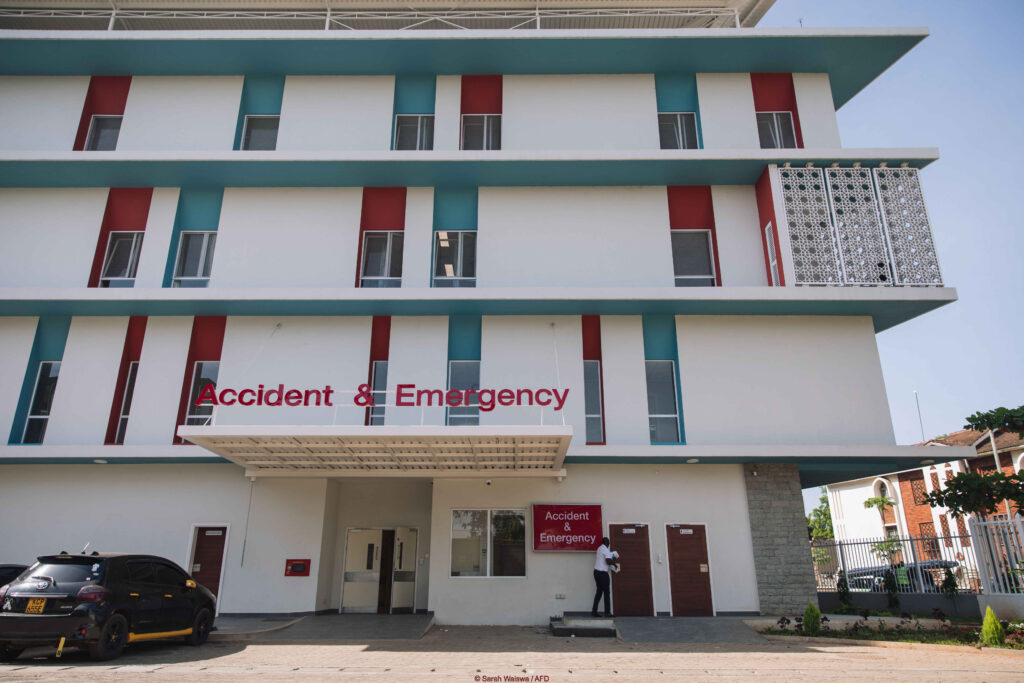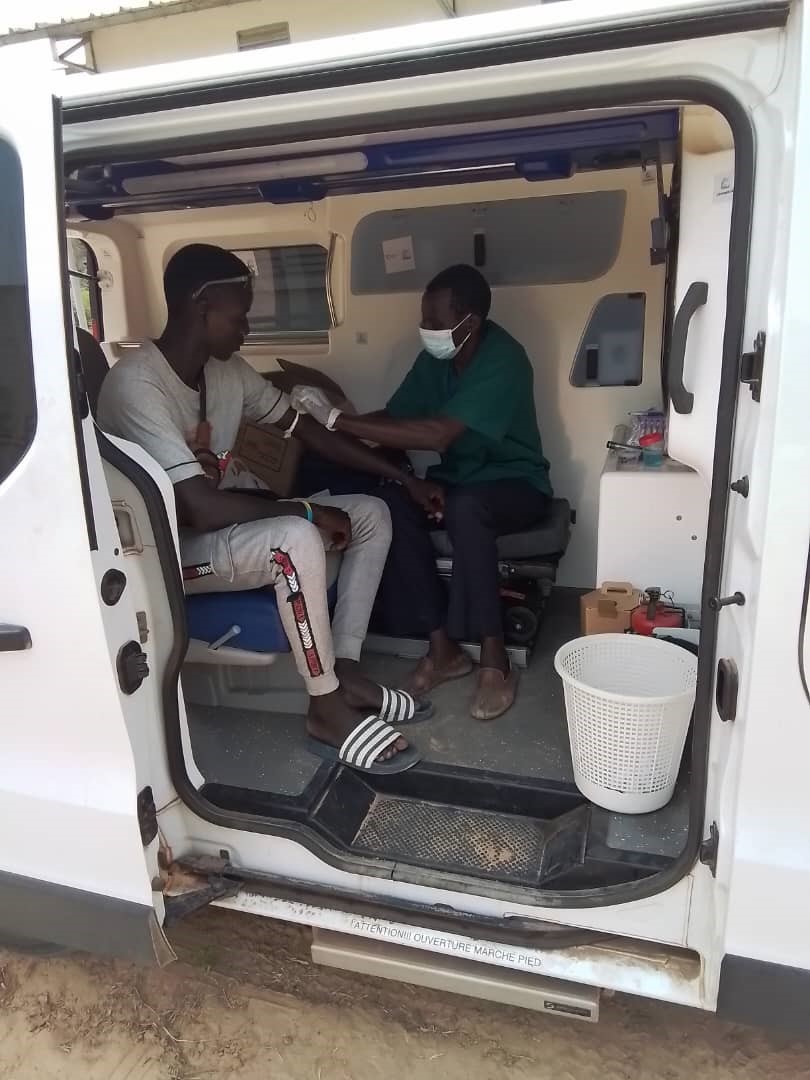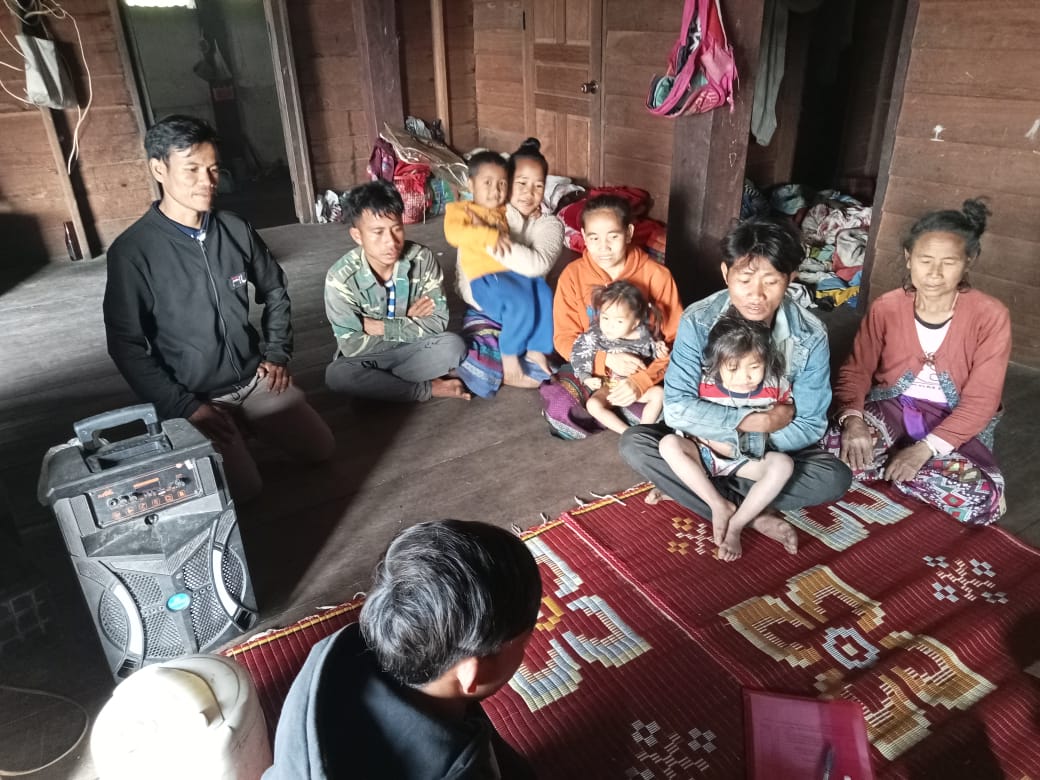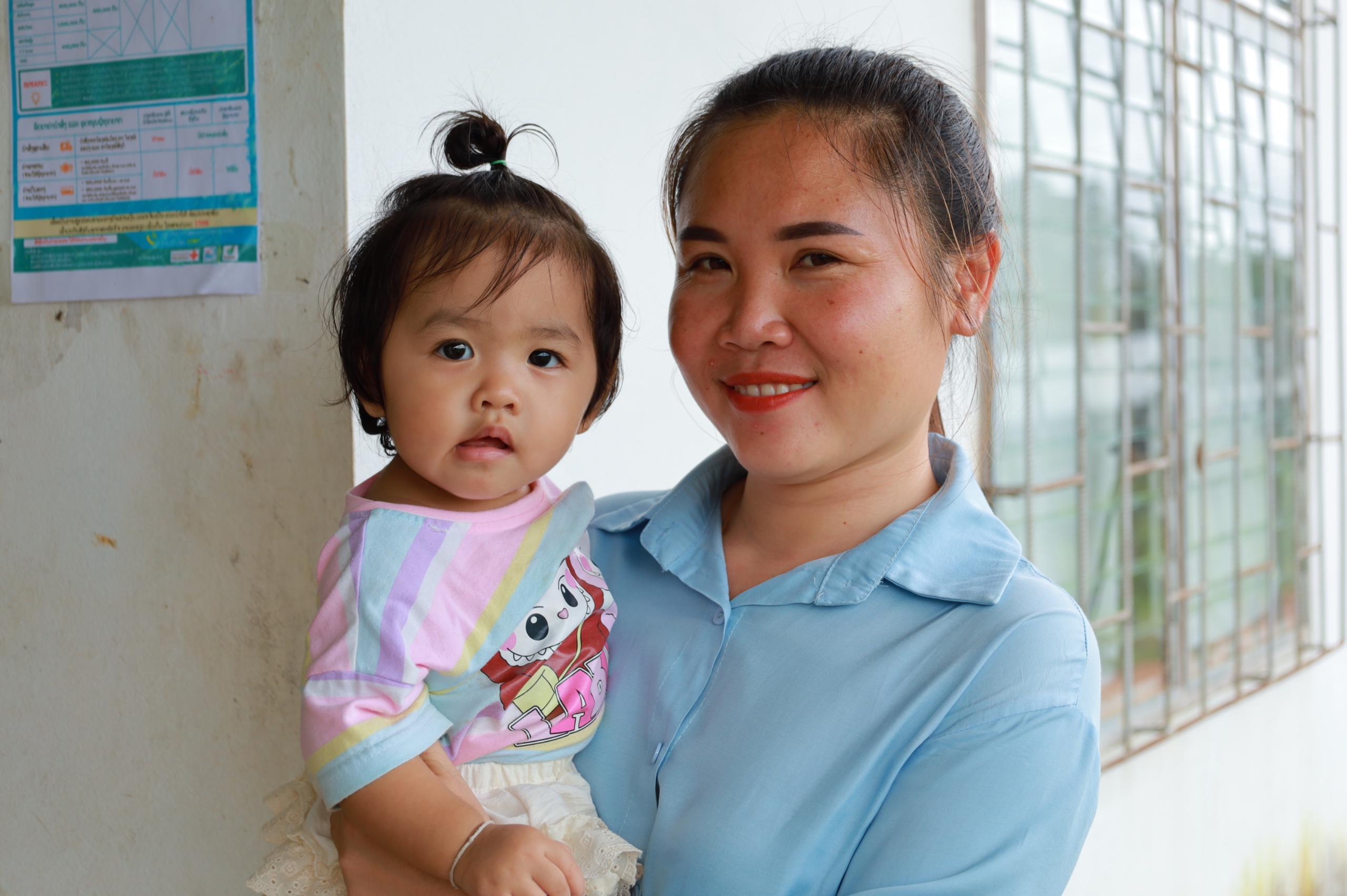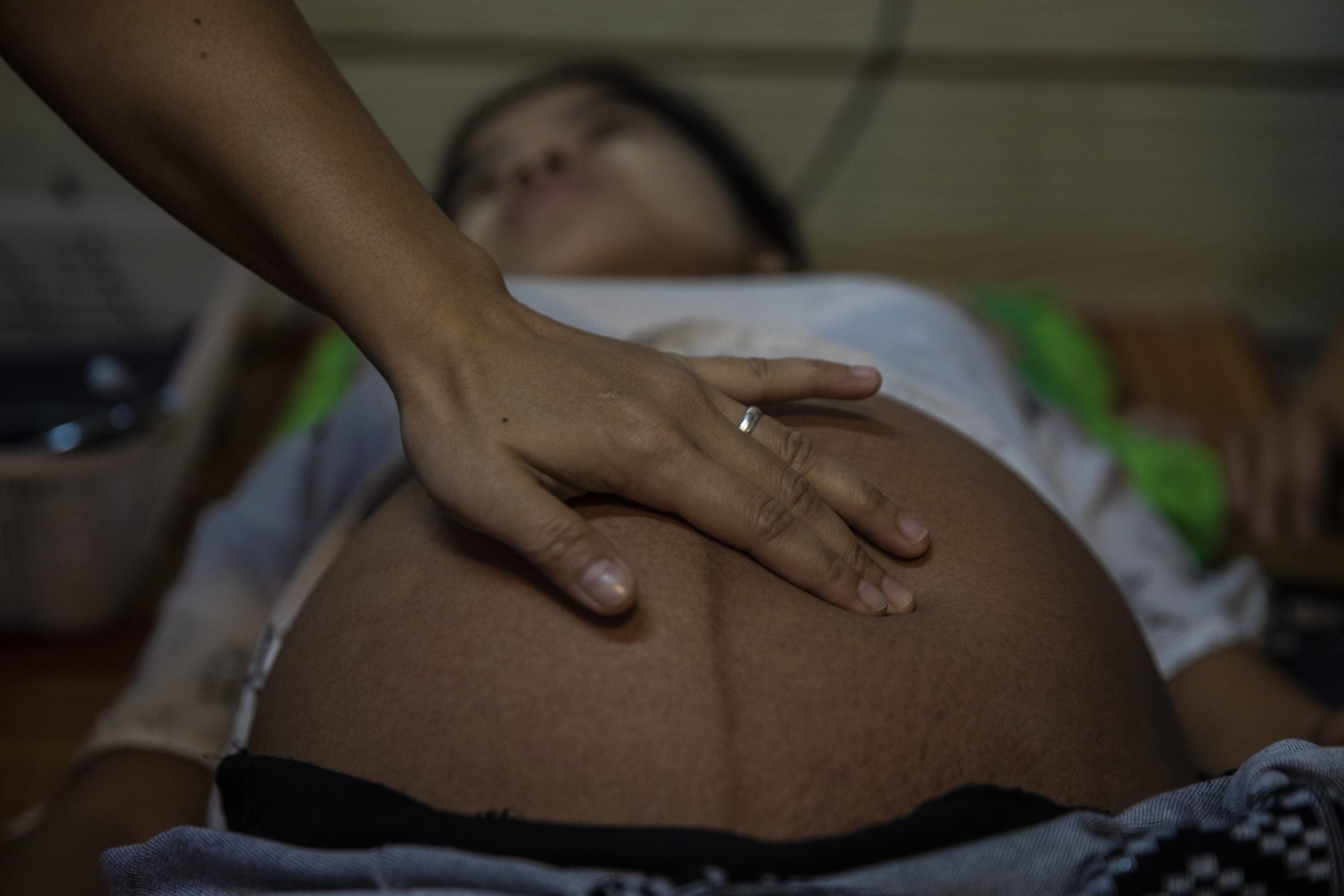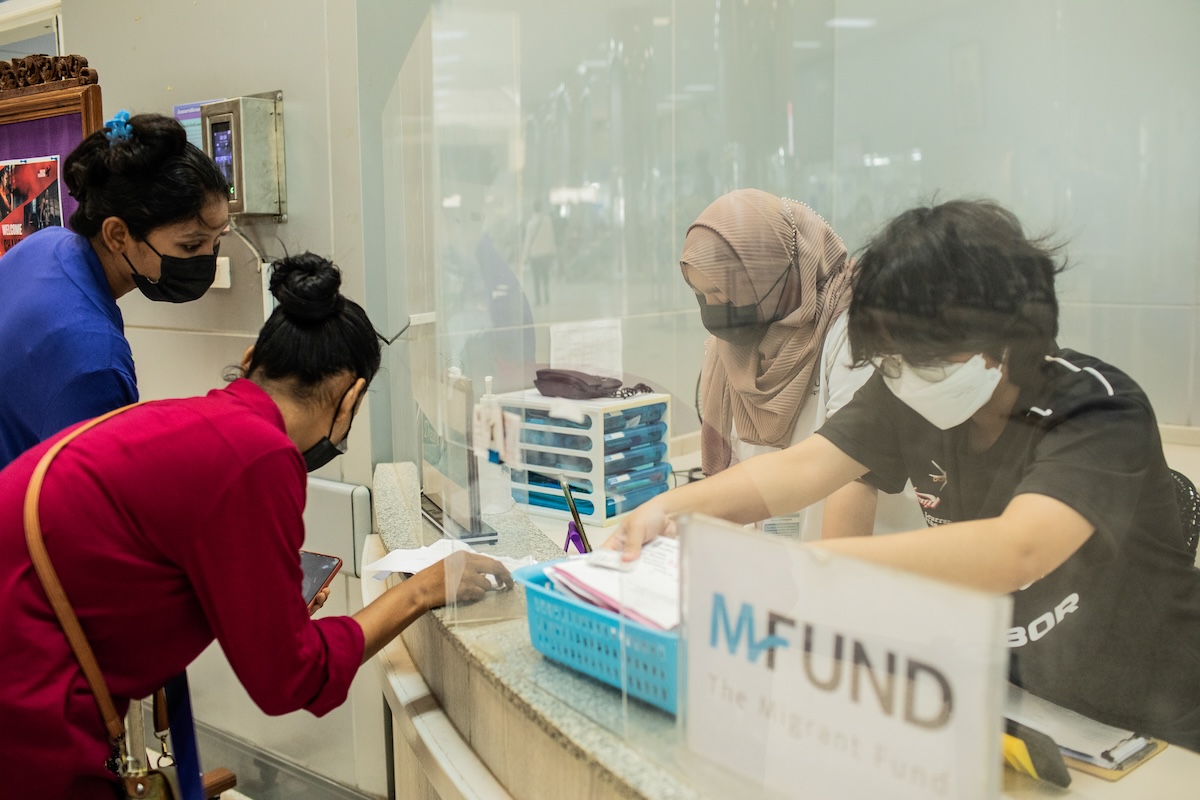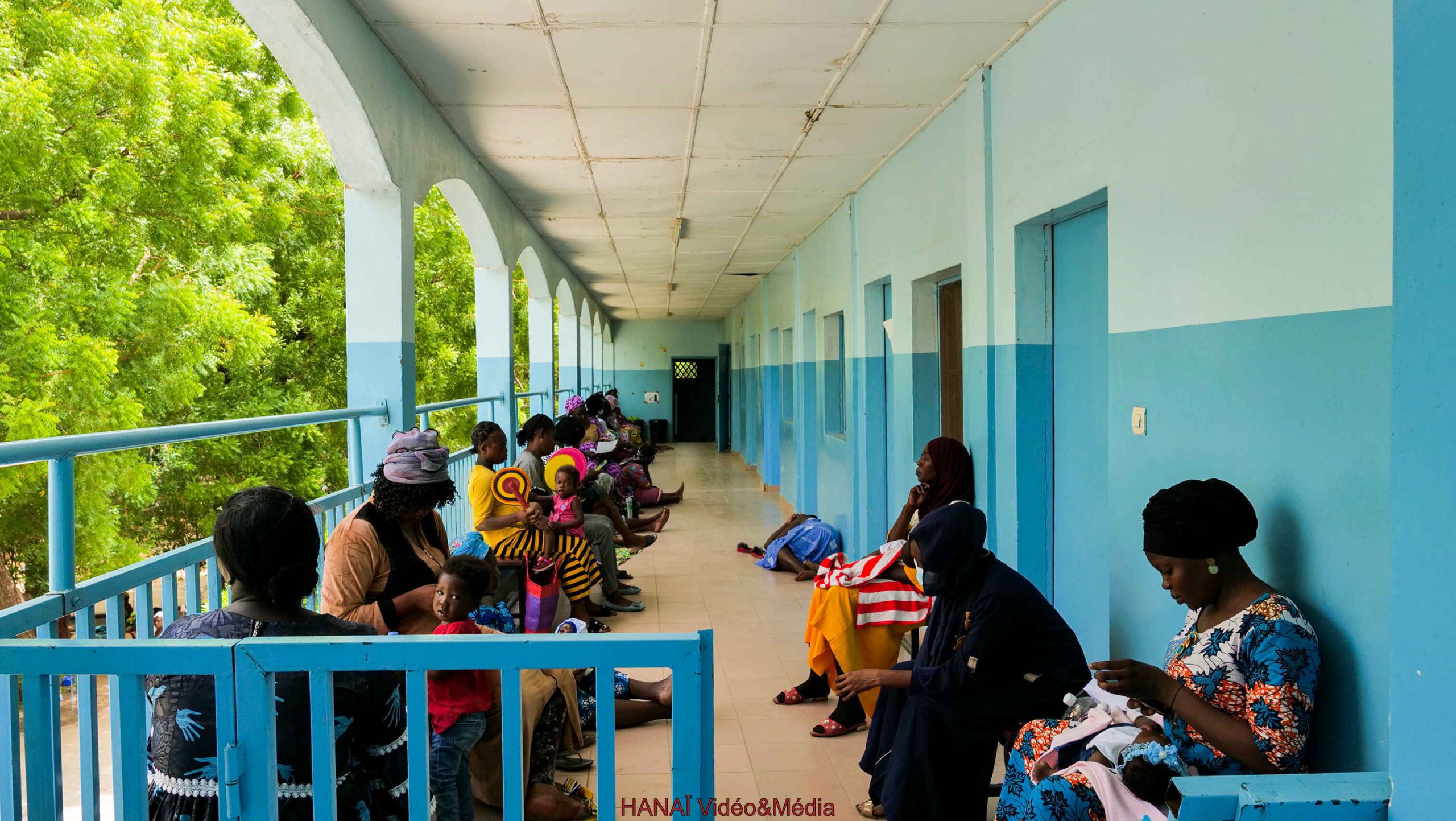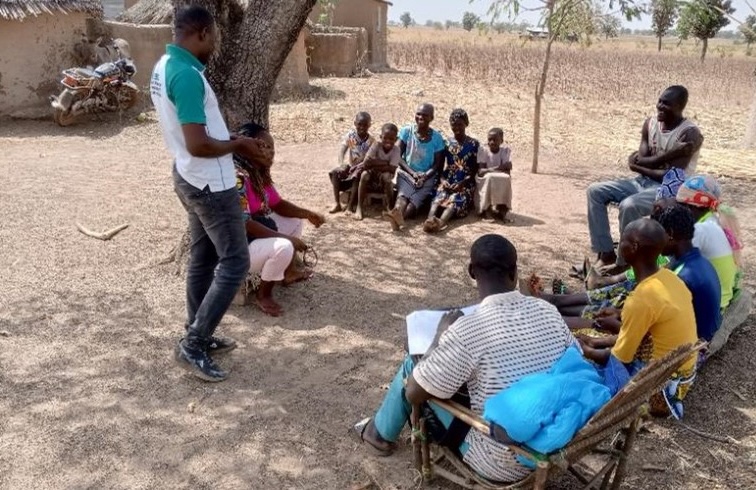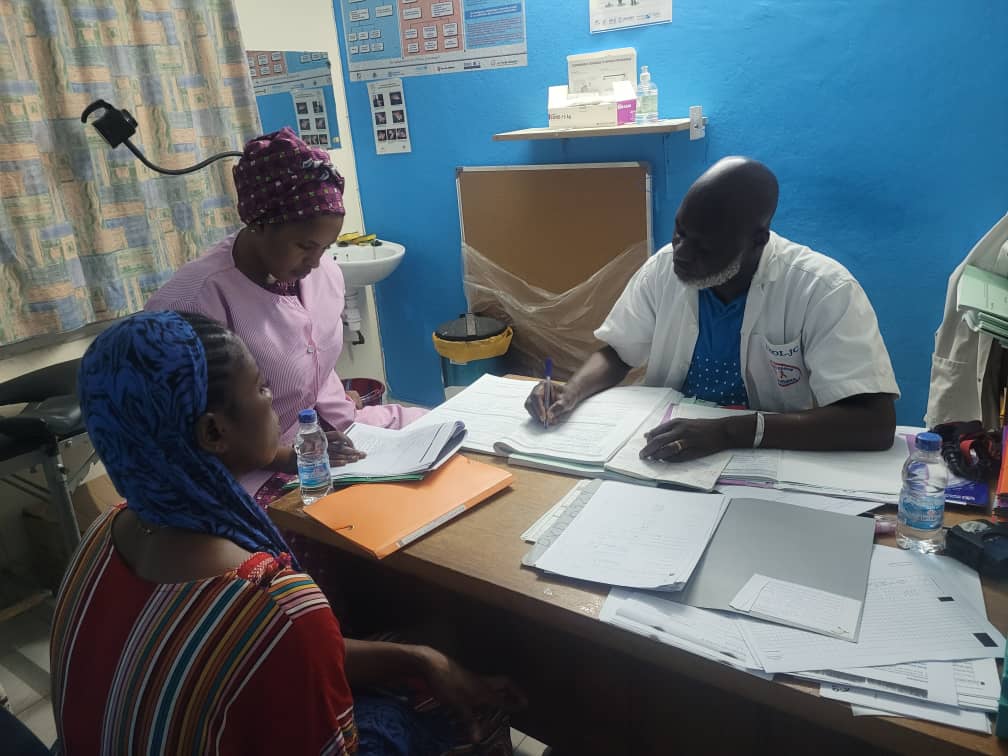As the “showcase” of a healthcare system and the first point of contact for patients arriving at the hospital, emergency departments are a critical component in the fight against HIV/AIDS, tuberculosis, and malaria.
Context
Guinea’s healthcare system, despite noticeable improvements in health indicators in recent years, continues to grapple with persistent weaknesses. The three pandemics remain a significant challenge: malaria accounts for nearly half of emergency hospital visits, while complications from undiagnosed or poorly managed tuberculosis and HIV/AIDS cases are common. This project aligns with Guinea’s national hospital emergency strategy and builds upon a previous France-funded initiative aimed at enhancing patient care before, during, and after their time in emergency departments. The current initiative seeks to reinforce these achievements and scale them up across 10 target hospitals, with a focus on tackling the three pandemics.
Description
The project seeks to reduce mortality associated with HIV/AIDS, tuberculosis, and malaria by improving the detection and management of life-threatening emergencies related to these diseases in hospital emergency departments in Guinea. To achieve this, several key initiatives are being implemented:
- Developing university degree programs in emergency care for doctors and nurses, alongside a continuous training plan;
- Improving reception conditions through equipment upgrades and facility rehabilitation;
- Partnering with community actors to enhance patient referrals and post-emergency follow-up;
- Conducting studies on patient pathways to better understand the factors influencing the utilization or non-utilization of emergency services by the population.
A critical focus of the project will be addressing the specific needs of both women and men, whether as patients or healthcare professionals, particularly in efforts to combat gender-based discrimination and violence.
Impact
Ultimately, the project aims to enhance patient care in emergency departments, with a particular focus on those affected by malaria, HIV/AIDS, and tuberculosis, while also strengthening human health resources in emergency care.
